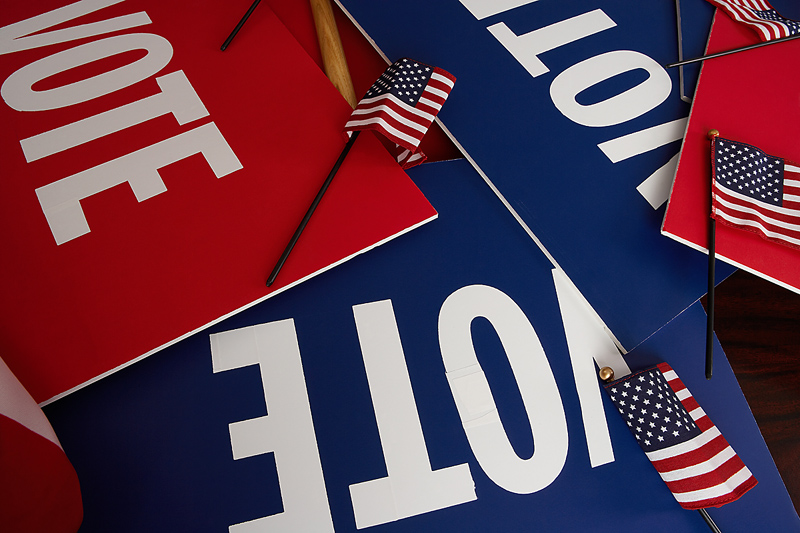
This week, we lament the sixth anniversary of the Supreme Court’s Shelby County v. Holder decision, which gutted the 1965 Voting Rights Act. Partly drafted in the Religious Action Center’s library, the VRA was conceived of to ensure state and local governments could not pass laws that would deny American citizens the equal right to vote based on race. It is one of the most consequential pieces of federal legislation in American history. However, since the Court came down with their split 5-4 ruling in 2013, millions of voters have been subject to discrimination and disenfranchisement.
The decision stripped the federal government of its ability to prevent states with histories of discriminatory voting practices from imposing new voter restrictions. The effects were immediate and persist today. Within 24 hours of the ruling, Texas announced that it would implement a strict photo ID requirement for voting. In 2016 alone, 14 states imposed new restrictive voting laws for the first time, in advance of a presidential election. By 2018, six additional states had new restrictive laws in place. Federal courts found intentional racial discrimination in at least 10 voting rights decisions stemming from these new laws since the Shelby County ruling in 2013.
State, local, and national organizations, including the RAC, have been hard at work for the past six years to salvage and defend the rights of all Americans to have their voices heard and votes counted. Election protection initiatives, ballot proposals, field hearings and litigation have all helped combat voter suppression -- but a legislative fix is needed to restore the VRA’s full strength.
Since its initial introduction in the 114th Congress, the Reform Movement has advocated for the passage of the Voting Rights Advancement Act (H.R.4/S.561), which would restore the federal oversight provision invalidated by Shelby County. The bill would require federal approval before a state could adopt practices historically associated with discrimination, such as making changes to voter ID requirements or ballots in way that could harm particular ethnic communities.
The 2018 midterm elections saw these types of voter suppression play out across the country in states like Wisconsin, North Carolina, and North Dakota. One especially glaring voting rights violation occurred during Georgia’s gubernatorial where Republican candidate Brian Kemp, who was also Georgia’s Secretary of State, oversaw his own election. A later lawsuit revealed that, in the month leading up to his election, his office had failed to approved 53,000 voter registrations, the vast majority of which were filed by African Americans.
Allies around the country are marking this week, June 24-30, as Shelby Week of action to push Congress to restore the Voting Rights Act. Here’s how you can get involved:
- Identify local events happening near you.
- Follow the House Judiciary Committee Hearing, “Continuing Challenges to the Voting Rights Act Since Shelby County v. Holder” online
- Take action to support the Voting Rights Advancement Act with the Religious Action Center by writing to your member of Congress.
Our democracy works best when everyone can fully participate, no matter your race or color. We must work together to prevent discrimination in voting so that we can build a truly representative American democracy.
Related Posts

Economic Justice, Debt Relief, and the G7: A Jewish Perspective on Jubilee USA’s Mission

URJ and Israel: Post-October 7th Updates and Resources

